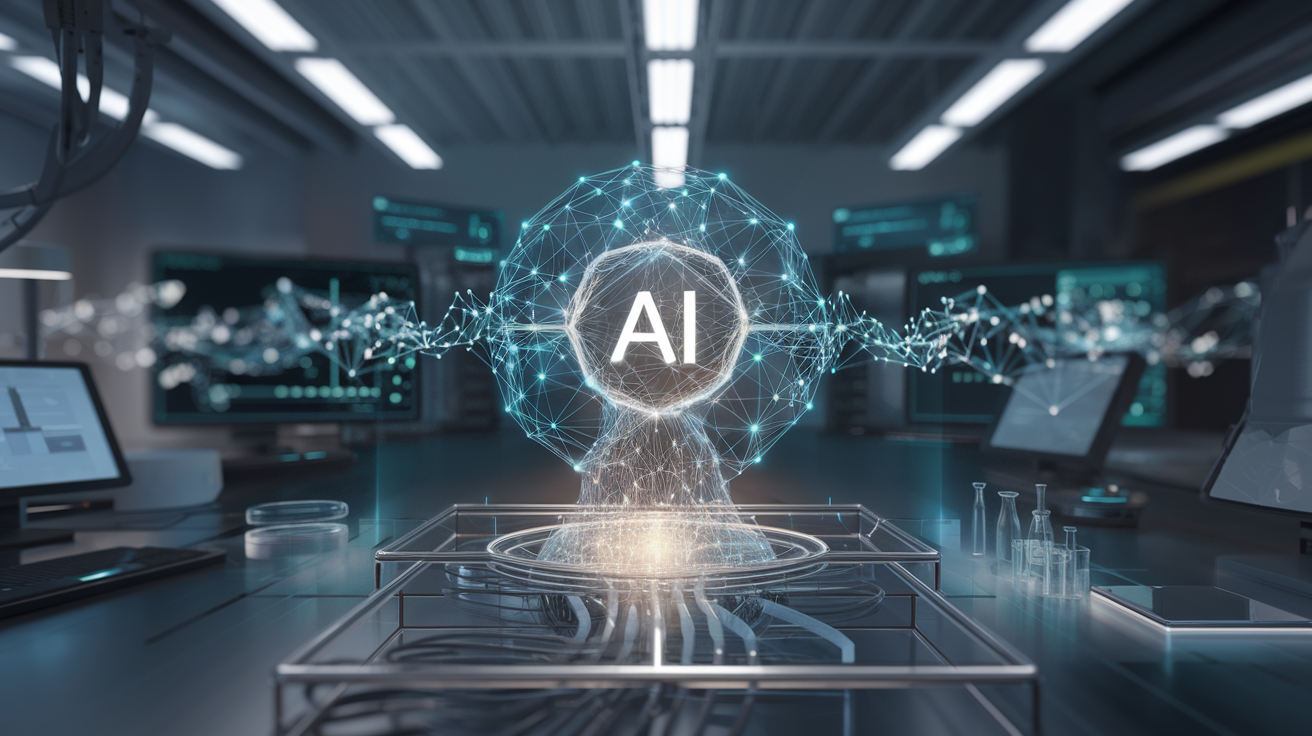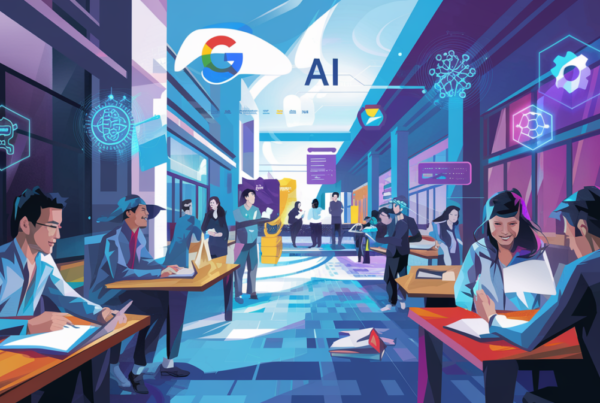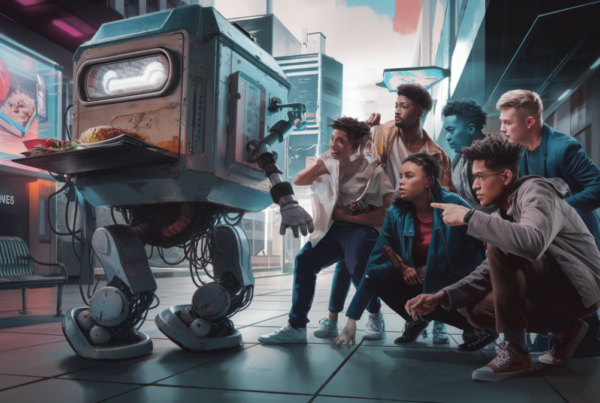Let’s cut the fluff and get to the juice of AI drug discovery, shall we?
You’re probably wondering, just like many others, “Can AI really change the way we find new medicines?”
Or maybe, “Is it just another tech buzzword?”
Well, grab your coffee (or tea, if that’s your thing), and let’s break it down.
What is AI Drug Discovery?
In plain speak, AI drug discovery involves using artificial intelligence to sift through mountains of data to find new drugs.
Think of it as a super-smart assistant that never sleeps, picking up on patterns humans might miss.
Why Should We Care?
Here’s why this matters:
- Speed: Traditional drug discovery takes years—sometimes over a decade. AI is like pressing the fast-forward button on this process.
- Cost: This stuff ain’t cheap! AI can save big bucks by filtering out bad leads early on.
- Precision: Finding the right meds with fewer side effects? Who wouldn’t want that?
Your Burning Questions: Answered
Is AI Just Hype?
Look, I get it.
With all the AI chatter these days, it’s easy to think it’s all smoke and mirrors.
But when it comes to drug discovery, there are real, tangible results.
Example?
AI helped scientists at Insilico Medicine find a new drug in just 46 days.
That’s light-speed compared to human timeframes.
Can AI Replace Scientists?
Short answer: Nope.
Long answer: AI is a tool.
It’s there to crunch the numbers and do the heavy lifting, freeing up scientists to actually, you know, science.
AI can’t replace that spark of creativity and intuition that humans bring to the table.
But it sure can make their lives easier.
How Does AI Drug Discovery Work?
Got a little nerd in you?
Here’s a simplified rundown:
- Data Collection: AI hoovers up data from clinical trials, scientific journals, and even social media.
- Pattern Recognition: It searches for patterns, connections, and anomalies in that data.
- Prediction Models: AI uses those patterns to predict which compounds might work.
- Testing: Scientists test the promising candidates in the lab.
Why It’s Not All Rainbows and Unicorns
Like everything cool in life, it’s got its challenges:
- Data Quality: Garbage in, garbage out. AI needs top-notch data to work its magic.
- Complex Diseases: Some illnesses are tough nuts to crack, AI or not.
- Ethical Concerns: Who gets the credit? And what about biases in the data?
Real-World Success Stories
Insilico Medicine
Remember them?
Their AI-designed drug for pulmonary fibrosis made headlines, thanks to its speed from conception to human testing.
BenevolentAI
These folks used AI to repurpose an existing drug for treating COVID-19.
It’s like finding treasure in a sock drawer.
Recursion Pharmaceuticals
They focus on speeding up the entire drug discovery process with AI, from data collection to analysis.
It’s about keeping humans happy and healthy, in half the time.
The Potential Down the Road
How far can AI take us in the quest for new medicines?
Think:
- Personalised Medicine: Drugs tailored to your unique genetic makeup.
- Faster Response to Outbreaks: Imagine having a treatment for a new virus ready in months, not years.
- Less Trial and Error: More hits, fewer misses.
So, What’s Next?
Tech moves fast.
And AI in drug discovery is shifting into high gear.
Some things to keep an eye on:
- More Collaborations: Expect more partnerships between AI companies and big pharma.
- Regulation Catch-Up: Laws and guidelines catching up with tech advances.
- Continued Evolution: AI learning and improving from its own past wins and fails.
Turning Curiosity Into Action
You might be more of a spectator in this arena, but there’s a lot to watch.
- Keeping Informed: Follow reliable sources and updates on AI in healthcare.
- Engagement: Share your thoughts. This could be commenting on articles or joining forums.
- Education: Courses or workshops on AI for those who want to really dive in.
Ending with a Thought
So there you have it.
AI drug discovery isn’t just a buzzword—it’s a gamechanger.
It’s still got hurdles, but the potential for good is massive.
And while AI might be doing the heavy lifting, it’s us humans who hold the reins.
What’s your take on all this?
Is AI the future of medicine?
Stay curious, my friend.
AI drug discovery might just be the key we’ve been looking for in medicine’s endless puzzle.







